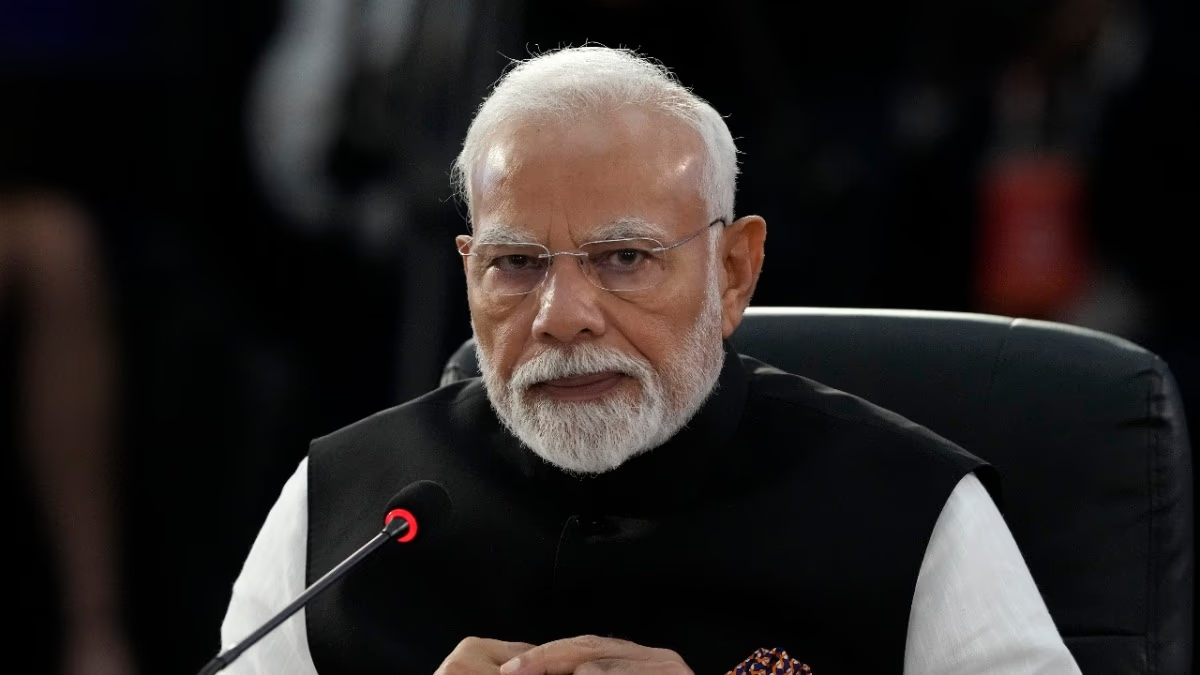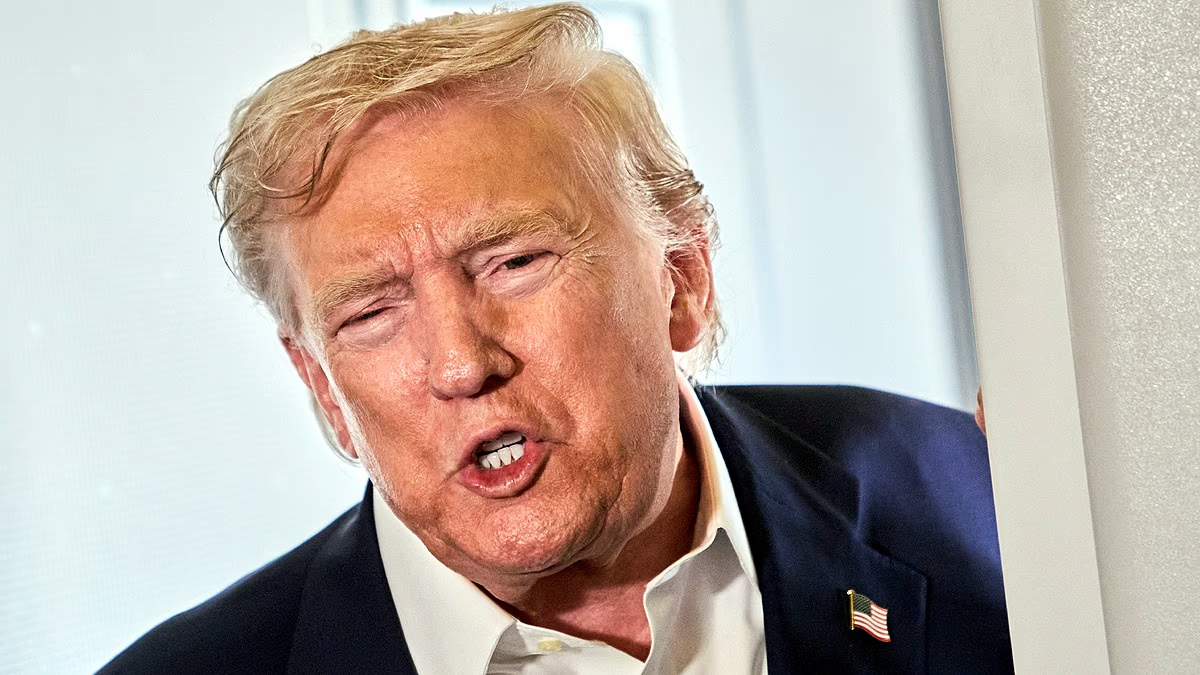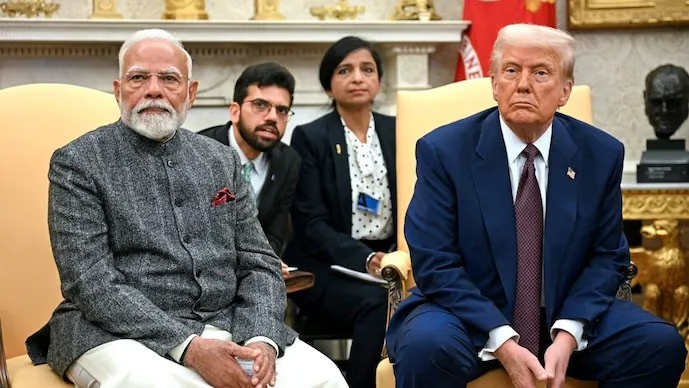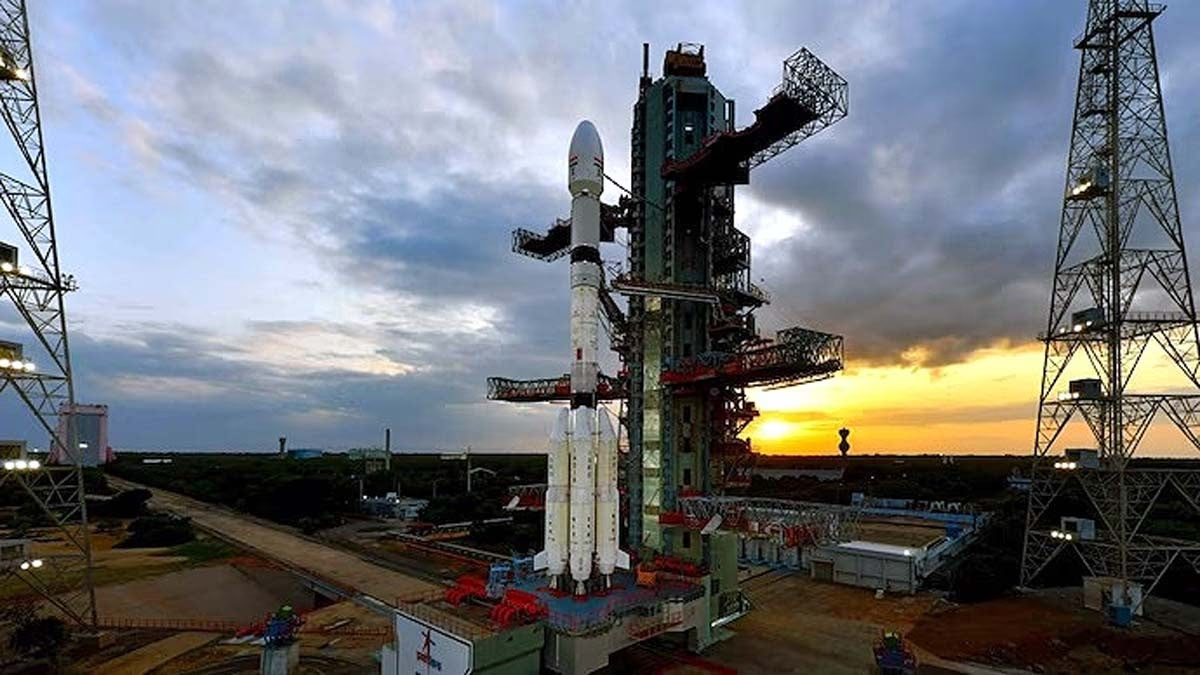Just hours after U.S. President Donald Trump announced a 25% tariff on Indian goods, the Indian government reacted strongly, stating that it will take firm steps to protect the interests of farmers, entrepreneurs, and MSMEs while continuing trade negotiations with the United States. India said, "The government prioritizes safeguarding and promoting the welfare of our farmers, entrepreneurs, and MSMEs. All necessary measures will be taken to defend our national interests, similar to how agreements were made in economic and trade deals, including those with the UK."
India articulated its sensitivity towards protecting domestic players' interests even as it opens its markets to foreign entities. The India-UK free trade agreement was highlighted as a case in point.
Which Indian Sectors Will Be Affected?
The sectors likely to be impacted by Trump's new tariff plan include high-performing export sectors such as automobiles, auto components, steel, aluminum, smartphones, solar modules, marine products, gems and jewelry, and select processed food and agricultural products—each facing a 25% tariff. However, pharmaceuticals, semiconductors, and crucial minerals are exempted.
Economists suggest that India should focus on nurturing deeper economic relationships with other nations, exploring new markets, and looking inward for new opportunities. This proactive approach may reposition global supply chains amid the changing geopolitical landscape fueled by Trump's aggressive trade policies.
What Does the U.S. Want?
The United States is demanding that India open its markets for U.S. agricultural and dairy products and genetically modified crops, asking for tariff reductions in these sectors. The U.S. is pushing for up to 100% tariff elimination. However, India disagrees, citing potential adverse impacts on a large segment of its population, especially smaller farmers.




